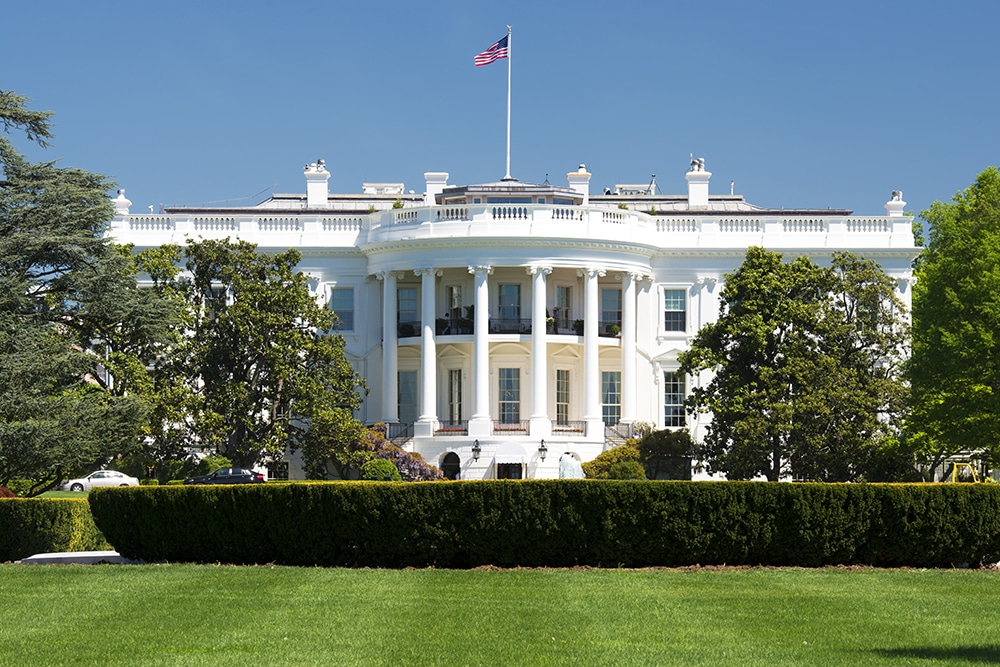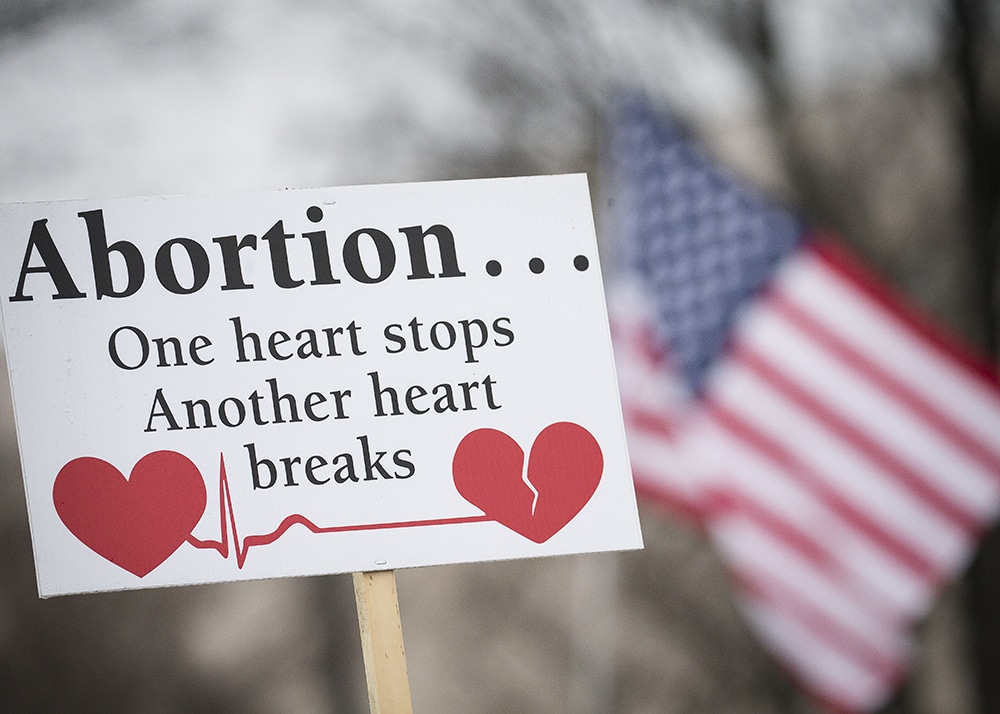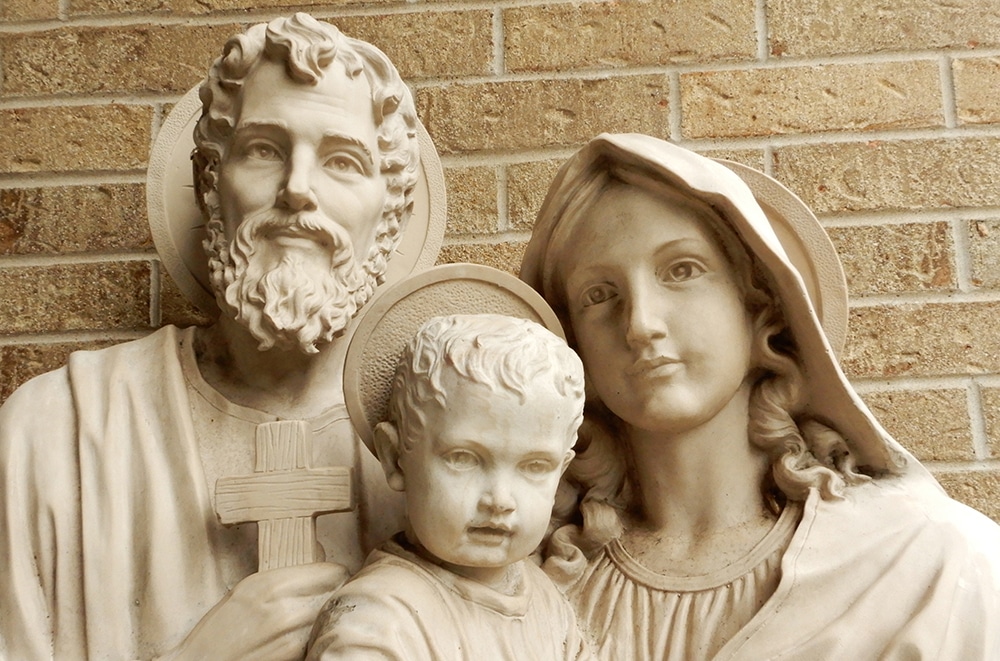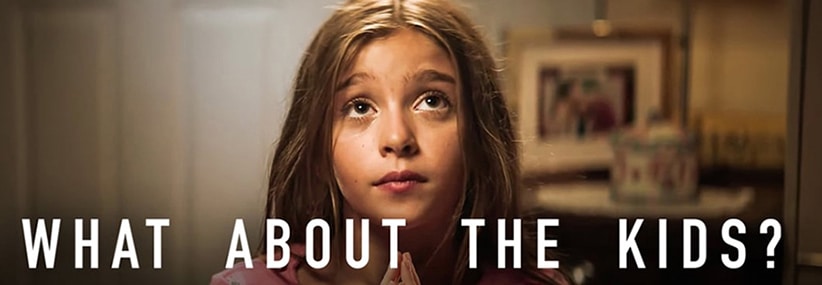An article on protests against abortion in the Oct. 9, 2009, issue of The New York Times featured a photograph that is as enlightening as it is disturbing. In front of a camper in Owosso, Michigan, plastered with signs that read “Mommy, why do they want to kill me?” and “Abortion=Murder: The same by any name,” several young girls stand talking. One, a blonde-haired girl perhaps 10 or 12 years old, has a broad smile on her face — even though immediately behind her hangs a 5-foot image of a bloodied, mangled baby on a white sheet stained with more blood.
When psychologists talk about desensitization — our diminishing emotional response to something that we once found horrifying — we tend to think of it in terms of our personal response to images, especially of violence or pornography. But what is true of images is also true of language, and what is true of each of us on a personal level is true as well of society. Any parent knows that if he swears in the presence of his children, eventually they will, too. And most four-letter words that were taboo 50 years ago are today more common in everyday discourse than “please” and “thank you.”
In January 2023, the candidate who wins the presidency this November (or his vice president) will preside over a grim anniversary. The 50th anniversary of Roe v. Wade will not be greeted with a communal mourning of the (by then) 65 million lives lost — a staggering number that even those who cling to a perverse definition of freedom should recognize, at least, is a tragedy.
Instead, like everything involving abortion today, this anniversary will be an occasion for further division and increasingly violent rhetoric — while those who have suffered the most direct consequences of 50 years of legalized abortion fade into the background, like the bloodied baby behind that smiling young girl in Owosso.
But the consequences of 50 years of death and destruction go beyond the 65 million lives lost. Abortion has entered our language as both a symbol of pride — “Shout your abortion!” — and a form of “cancel culture” — “[pro-abortion politician]’s mother should have aborted her!”
As our society has internalized violence against the unborn, is it any wonder that both politicians and average citizens across the political spectrum have come to justify other acts of violence that, while not unheard of 50 years ago, were certainly more universally condemned? As Cardinal Francis George once wrote, “When the common good is violated, violence grows. When the law protects the private killing of one group of human beings, eventually no human being is safe.”
Those who recognize the sanctity of all human life, from conception to natural death, have long argued that the cultural shift brought about by legalized abortion would not end there. Euthanasia was an obvious development, but less obvious, yet certainly just as real, is the gradual acceptance of rhetorical violence that is today all too often spurring young people (in particular) on to physical violence and even murder — most recently, in Portland and Kenosha. No particular faction has a monopoly on that rhetorical violence; indeed, the condemnation by “our side” (whichever side that may be) of the violent language and actions of the “other side” is itself more and more frequently expressed in violent language.
Recognizing our own toleration of, and even participation in, rhetorical violence is a necessary first step toward returning to a more civilized discourse, but by itself, it’s not enough. Indeed, as Owen Barfield, a philosopher of language and of history and lifelong friend of J.R.R. Tolkien and C.S. Lewis, once wrote, “feelings of guilt tend to turn rather easily into feelings of hatred and contempt. We may feel a bit guilty ourselves, but we are very sure that a whole lot of other people are much more guilty, and probably ought to be destroyed.” The only way out of that cycle, he notes a bit later, is repentance.
Nine weeks away from Election Day, as both the Democratic and Republican parties call into question the legitimacy of the coming election (and thus of our constitutional system), one answer to the division in this country might be to wake ourselves from decades of desensitization, and to repent — personally and as a society — for the sin that has led us here. As Cardinal George wisely noted, “When we took the protection of law away from the unborn, we destroyed our constitutional order. And we’ve had nothing but violence ever since.”
Our Sunday Visitor Editorial Board: Gretchen R. Crowe, Scott P. Richert, Scott Warden, York Young







